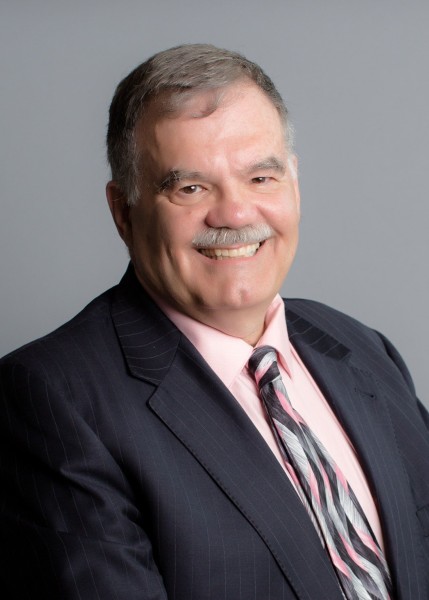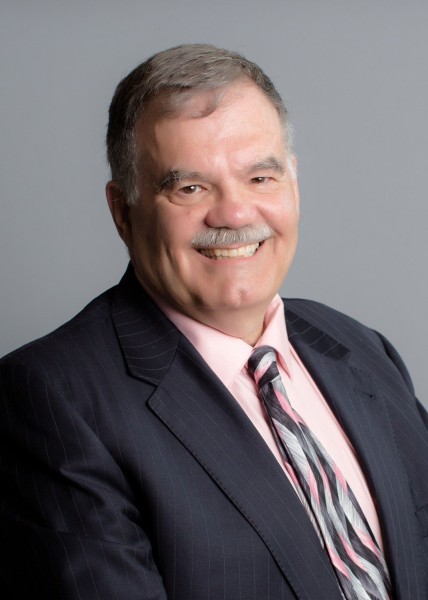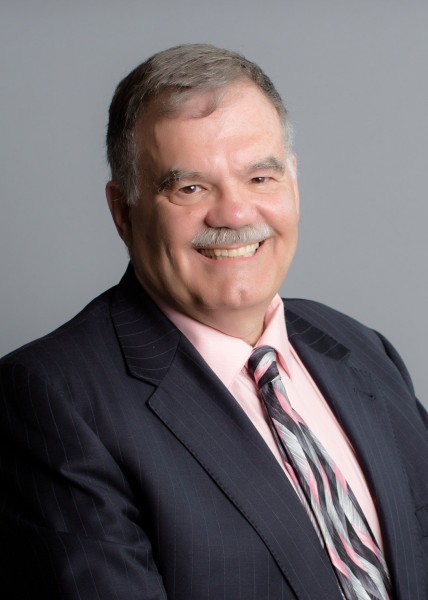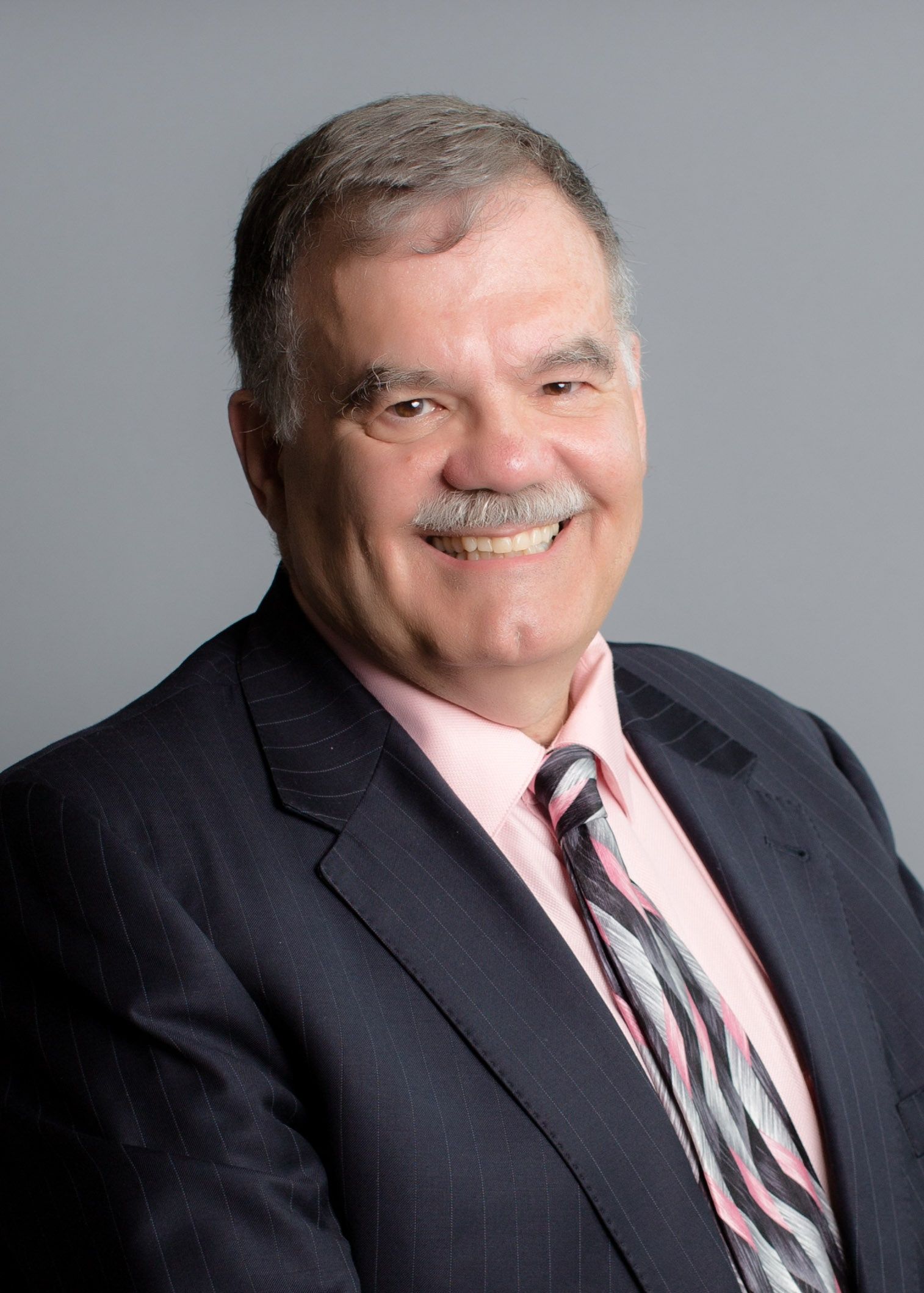
MILLBURY, MA and NEWPORT, RI…
Many people dream of owning their own business. It probably goes without saying that dream does not include paying taxes. Yet for new entrepreneurs, how you plan for taxes can greatly determine whether or not your new business can survive and, ultimately, grow.
“Thomas Edison said that genius was 1% inspiration and 99% perspiration. The percentages might be a little different for becoming an entrepreneur, but tax planning would definitely fall into the perspiration category,” said Paul Dion, owner of Paul Dion CPA. “When you start a business, a key to your success is to know your tax obligations. You may not only need to know about income tax rules, but also about payroll tax rules.”
For getting a new business venture off to a good start, Dion recommends several initial steps. The first is deciding on the type of structure for your business. The most common types are sole proprietor, partnership and corporation. The type of business you choose will determine which tax forms you will file.
You will also need to clarify the types of business tax you need to pay. There are four general types of business taxes. They are income tax, self-employment tax, employment tax and excise tax. In most cases, the types of tax your business pays depends on the type of business structure you set up. You may need to make estimated tax payments.
Another question new business owners have is whether or not to get an Employee Identification Number (EIN). The IRS has several criteria for whether or not you need one. Those can be found at http://www.irs.gov/Businesses/Small-Businesses-&-Self-Employed/Employer-ID-Numbers-EINs.
New business owners must also choose an accounting method. An accounting method is a set of rules that you use to determine when to report income and expenses. You must use a consistent method. The two that are most common are the cash and accrual methods. Under the cash method, you normally report income and deduct expenses in the year that you receive or pay them. Under the accrual method, you generally report income and deduct expenses in the year that you earn or incur them. This is true even if you get the income or pay the expense in a later year
If you have employees and you provide healthcare benefits, you are eligible for tax credits. The Small Business Health Care Tax Credit helps small businesses and tax-exempt organizations pay for health care coverage they offer their employees. A small employer is eligible for the credit if it has fewer than 25 employees who work full-time, or a combination of full-time and part-time. The maximum credit is 50 percent of premiums paid for small business employers and 35 percent of premiums paid for small tax-exempt employers, such as charities.
The employer shared responsibility provisions of the Affordable Care Act affect employers employing at least a certain number of employees (generally 50 full-time employees or a combination of full-time and part-time employees). These employers’ are called applicable large employers. ALEs must either offer minimum essential coverage that is “affordable” and that provides “minimum value” to their full-time employees (and their dependents), or potentially make an employer shared responsibility payment to the IRS. The vast majority of employers will fall below the ALE threshold number of employees and, therefore, will not be subject to the employer shared responsibility provisions.
Employers also have information reporting responsibilities regarding minimum essential coverage they offer or provide to their fulltime employees. Employers must send reports to employees and to the IRS on new forms the IRS created for this purpose.
“There are two parts to any business. First, there’s the actual business—e.g. selling widgets—and then there’s the business of running the business—all the bookkeeping, bill-paying and, of course, paying taxes,” said Dion. “Most entrepreneurs don’t think too much about the latter, even though they know it comes with starting a new venture. That’s why it’s recommended that new businesses include a consultation with a tax planning professional prior to opening their doors.” That’s why it’s recommended that new businesses include a consultation with a tax planning professional prior to opening their doors since taxes will typically be their biggest expense.”
For an initial consultation or for more information on tax planning and small business deductions, you can call Paul Dion CPA at (508) 853-3292 or visit www.pauldioncpa.com.
ABOUT PAUL DION, CPA
Beyond simple “bean counting”, Paul Dion, CPA and associates work side by side and speak in common English to help clients fully understand their tax situation and take proactive steps to pay the least amount of tax legally allowed while minimizing the risk of an audit. Clients save money and sleep well as night.
Business services include small business accounting, payroll, cash flow management, strategic business planning, new business formation, internet controls, QuickBooks, part-time CFO, bank financing, succession planning and non-profit organization direction.
For a free book, more information or a complimentary consultation, please visit www.PaulDionCPA.com or contact Paul Dion CPA, via Info@PaulDionCPA.com or (508) 853-3292. Offices are conveniently located at 22 West Street, #6, (Felter’s Mill), Millbury, MA 01527.





Follow Us!